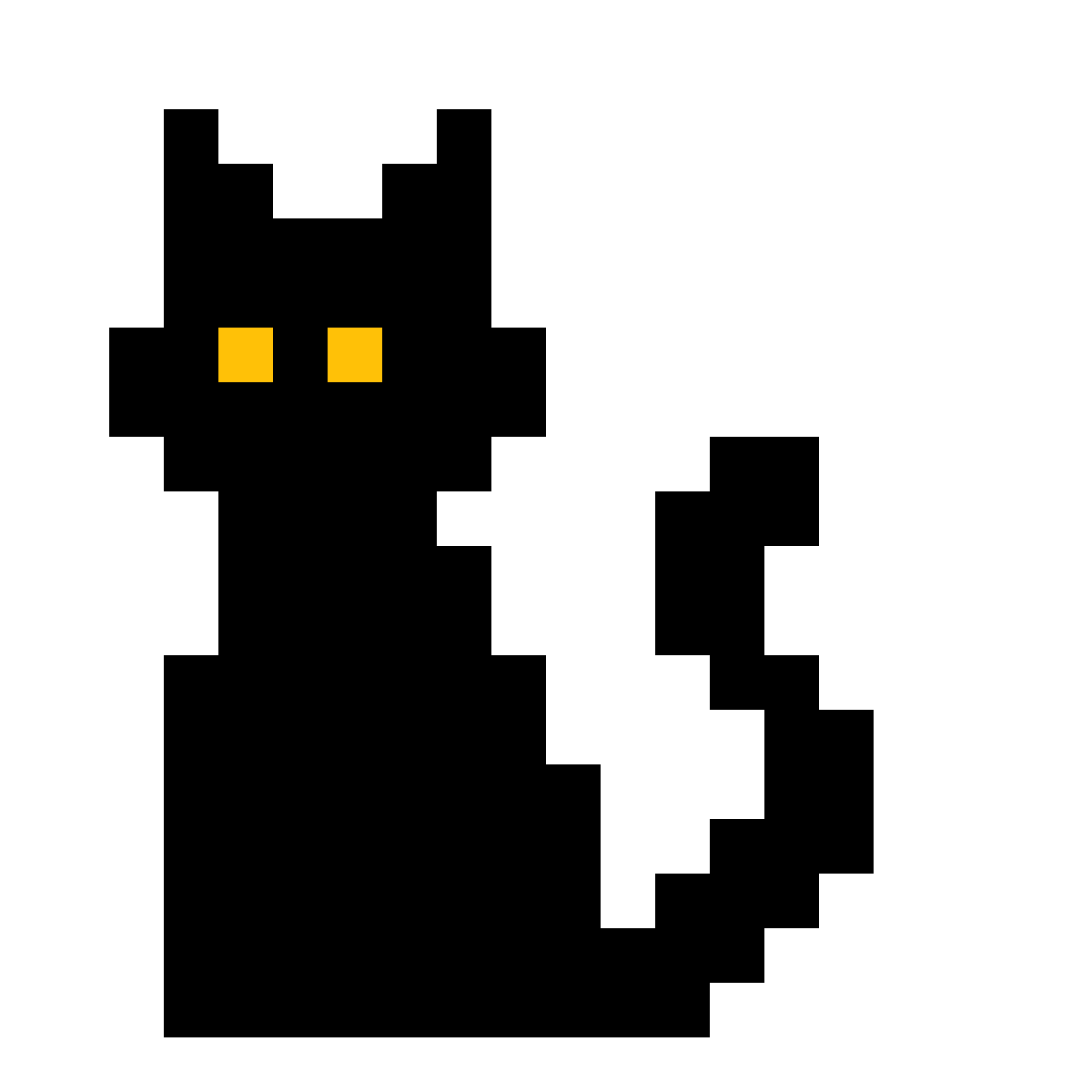Counterpoint: if you say you have a number of things, you have at least two things, so maybe 1 is not a number either. (I'm going to run away and hide now)
As a programmer, I'm ashamed to admit that the correct answer is no. If zero was natural we wouldn't have needed 10s of thousands of years to invent it.
It is a natural number. Is there an argument for it not being so?
If we add it as natural number, half of number theory, starting from fundamental theorem of arithmetics, would have to replace "all natural numbers" with "all natural numbers, except zero".
Prime factorization starts at 2, I'm not sure what you mean. Anyway, if you wanted to exclude 0 you could say "positive integers", it's not that hard.
1 also has a unique 'empty' prime factorization, while zero has none.
You can also say "nonnegative integers", if you want to include zero.
0 is not a natural number. 0 is a whole number.
The set of whole numbers is the union of the set of natural numbers and 0.
I think if you ask any mathematician (or any academic that uses math professionally, for that matter), 0 is a natural number.
There is nothing natural about not having an additive identity in your semiring.

